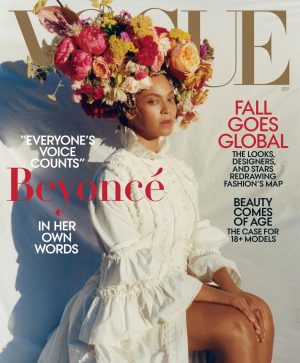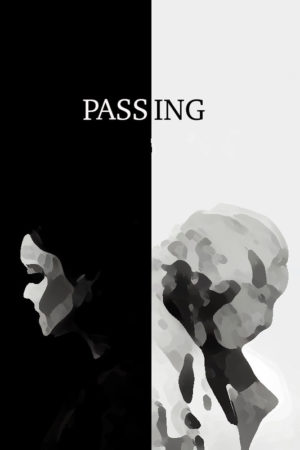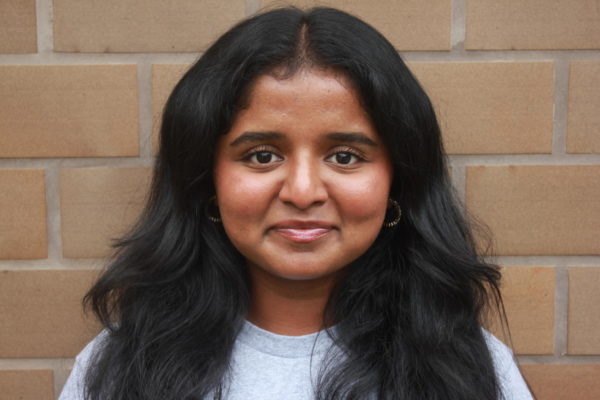Subject to Change: Accepting growth at all stages
Uncertainty towards the future is normal, even in a fast-paced reality.
November 13, 2022
Dear reader,
Almost every adult I meet: my parents’ colleagues, my teachers and even my nextdoor neighbors ask me, “What do you want to be when you grow up?” My answer is classic, “I want to be a doctor.” I still stick to this exact sentiment, so I can simplify something most will never understand into a short sentence that expresses what people expect to hear from the daughter of two Indian Americans.
Truth is, I really don’t know what I want to be. Is it wrong to not know what I want to be at the age of 15? Do I not get more time to understand what I want to be? Are the next two years all I have until I’m shipped off to college to finish my education in a field I’m not even sure I want to pursue? Don’t ask me because I really don’t know.
I’ve been on Earth for the last 15 years. I think it’s safe to say that I’m only getting started on my road to self-discovery: discovering who I really am, who I want to be and who I’m meant to be are all things I’m still navigating through. When I was younger, I looked at high schoolers as these all-knowing people just because they seemed like they had everything figured out. Looking back at it now, I couldn’t have been further from reality, most of us are still clueless.
The funny thing is, when I picture myself 10 years from now, I imagine myself to be this happy and confident 25-year-old who knows who she wants to be: a successful woman with a college degree in hand and doing honest work in a position she’s dreamed of attaining forever. There’s nothing wrong with being hopeful towards the future – but a small part of me knows I’ll still be lost (maybe a little less, but lost nonetheless). In reality, I imagine I’ll be in medical school frying my neurons in the process of working hard towards a higher degree, unsure of what choices to make in my life and wondering if I’ll ever accomplish enough to buy something of value before I turn 60.
But I think it’s unfair to put this much pressure on myself, whether I’m 25 or 45, it shouldn’t matter. People expect that once you reach a certain age, you are supposed to be grown up. As if you’re supposed to be aware of everything you want to be – as if you reach one point in your life where you attain an immense amount of wisdom and become the person you’ll be for the rest of your life. But we’re human and we are far from being perfect. You grow and change every day. Your goals now most definitely won’t be the same five years from now. I’m sure people significantly older than me feel the same way as well.
Just three years ago, I was a clueless kid aimlessly wandering through my middle school hallway, blindly doing assignments to get a good grade so I don’t disappoint my parents. I can’t say I don’t feel the same way now I’m a high schooler, but once I got to freshman year, things changed so fast. When you’re in high school, you’re expected to figure out what job you want to commit to for the next few decades of your life. We apply to college with that career in mind, expecting that our aspirations are going to remain the same for the rest of our lives. I think that’s blatantly ridiculous. However, here’s something even more ridiculous: a whopping 80% of college students change their major through the period of their college education. This begs the question: how do we change this nightmarish statistic?
I don’t think there’s a simple answer to this, but here’s a good start: changing our mindset. When I say “our mindset,” I’m referring to society’s mindset. We need to learn to approve of impulsive decisions and the consequences that might accompany them. Teaching the next generations that it’s more than okay to make mistakes throughout our lives is crucial. Where we’re supposed to be promoting being human, we pretend to be robots that cycle through the stages of life with no questions asked. Letting future generations know it’s more than okay to make a mistake, make a 1000 more and repeat that over and over again until you learn from it is where our teachings should stand. Diminishing this unrealistic standard and acknowledging humans’ susceptibility to not be perfect is the answer to a better, more open-minded society.
But this problem hasn’t lasted forever, it’s a problem that we face living in a fast-paced reality. My generation most definitely isn’t the first to feel this way, but I think my generation is one that faces this on such a severe level. With colleges becoming more competitive, we’re expected to choose activities that align with whatever we want to pursue in college from a young age. This hunt for what we want to be in the future begins so early, it’s unfair. In the grand scheme of things, 18 years is not even a significant amount of time to figure out what I want to spend the rest of my life doing.
We are forced to grow up before we know it. I’m sure I’m not alone in this feeling. I hope my confusion consoles someone that feels just as weird about this. So when the next adult you meet: your parents’ colleague, your teacher or your nextdoor neighbor asks you, “What do you want to be when you grow up?” Your confident answer should undoubtedly be, “I’m still figuring it out.”
Yours truly,
Shreya Arun






